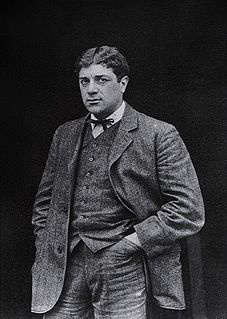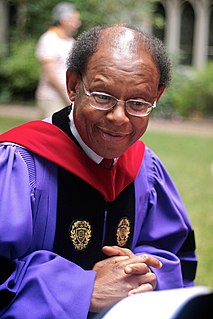A Quote by Gregg Popovich
If you read some of the recent literature, there is no such thing as whiteness. But we made it up. Not my original thought, but it's true. Because you were born white, you have advantages systemically, culturally, psychology there. They have been built up for hundreds of years. Many people can't look at it.
Related Quotes
Instead of accepting what James Baldwin called the "lie of whiteness," many people in lots of different fields and movement activities have tried to productively make it into a problem. When did (some) people come to define themselves as white? In what conditions? How does the lie of whiteness get reproduced? What are its costs politically, morally and culturally?
For years I've been interested in a fundamental question concerning what I call the psychology of evil: Why is it that good people do evil deeds? I've been interested in that question since I was a little kid. Growing up in the ghetto in the South Bronx, I had lots of friends who I thought were good kids, but for one reason or another they ended up in serious trouble. They went to jail, they took drugs, or they did terrible things to other people. My whole upbringing was focused on trying to understand what could have made them go wrong.
One thing that you and I know is language. Another thing that you and I know is how objects behave in perceptual space. We have a whole mass of complex ways of understanding what is the nature of visual space. A proper part of psychology ought to be, and in recent years has been, an effort to try to discover the principles of how we organize visual space. I would say that the same is true of every domain of psychology, of human studies.
What the left ends up missing is that politics have always been at the heart of American culture; it's been a white identity that's been rendered invisible and neutral because it's seen as objective and universal. As a result, we don't pay attention to how whiteness is one among many racial identities, and that identity politics have been here since the get-go.
We kind of reduce our responsibility to not saying the N-word and to condemning the Klansmen, rather than saying many of our celebrated institutions are systemically racist. Many of our institutions that deal with law enforcement or controlling the bodies of Black people are systemically racist. Many of our educational institutions are systemically racist. Many of our corporate institutions are systemically racist. We don't have those conversations, so things don't change.
In many ways, Apple CEO Tim Cook has been saying that and more for many years. He's said you don't have to choose between doing good and doing well. But only a few dozen people were lined up outside the Apple Store in San Francisco. That's nothing compared to the hundreds and thousands that line up for new products. Cook is taking a gamble here.
Of all the men who attacked the flying problem in the 19th century, Otto Lilienthal was easily the most important. ... It is true that attempts at gliding had been made hundreds of years before him, and that in the nineteenth century, Cayley, Spencer, Wenham, Mouillard, and many others were reported to have made feeble attempts to glide, but their failures were so complete that nothing of value resulted.
I believe that also it should be stressed and made clear that our antagonistic position is not to say "I don't like whites" for the simple fact of not liking white people. It's like, our fight is not against the white person per se, but against the exercises of white supremacy and the form in which whiteness and the politics of whiteness operates.
Nothing [the demon] could think up was half as bad as the stuff [people] thought up themselves. They seemed to have a talent for it. It was built into their design somehow. They were born into a world that was against them in a thousand little ways, and then devoted most of their energies to making it worse.






































